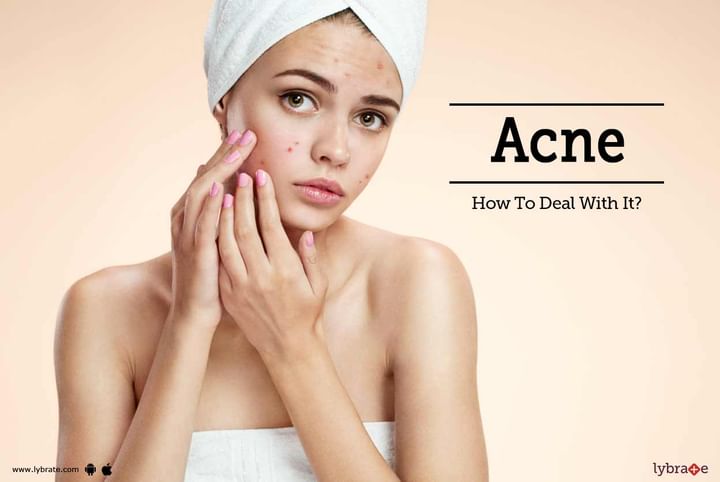Acne - How To Deal With It?
The skin produces a natural oil known as sebum from the sebaceous glands. This acts as a protective layer and is passed out through the multiple, minute pores. With the teenage years seeing excessive hormones, excessive sebum is produced which clogs the pores, and the underlying sebum may not be released from the glands. In some cases, there could also be bacteria trapped in these acne. In severe cases, there can be extreme pain and pus formation. The acne can be quite large in size and may leave marks, which often take a long time to disappear.
Causes
Though acne affects any age group, it is most common in the teenage years and is attributed to the hormones called androgens. In women, there is also a hormonal correlation where acne is more common with menstrual cycles, pregnancy and polycystic ovaries – all conditions associated with increased hormone levels.
Management
Before heading out for medical help, the following are some tips to manage acne.
-
Avoid touching it or picking it. Else it will result in a faster spreading of the infection to the surrounding areas.
-
Use ice cubes on the acne as they help reduce redness and swelling by lowering the blood supply.
-
Learn to keep calm as stress increases hormonal release and thereby acne.
-
Do regular exercises. A good workout routine helps by keeping your skin clean and the pores open. There is a more frequent clearing of sebum leading to reduced acne.
-
Maintain a healthy eating pattern. Avoid oily food items, which only add to the oiliness of the skin. Sugars again are proven to be harmful for acne.
-
Follow a proper sleep routine as it will relax your muscles and keep you calm.
-
Use mild detergents for washing pillow covers and towels, which are often used on the skin.
-
Frequent washing, regular moisturizing, and exfoliating should be a part of your skin care routine. Avoid heavy chemicals and adhere to one regimen with as many natural substances as possible.
Medical Management
Depending on the cause of acne and its severity, we prescribe topical creams or acne control face washes and give oral antibiotics or tablets which decrease sebaceous gland activity. The doctor may call you for sessions where chemical peels are done once in 3 weeks to 4 weeks. Chemical peel for acne control contains mild, plant extracts which are painless. In hormonal acne, thorough investigation to evaluate the cause is done and hormonal therapy is started.
Preventing scar formation is the main aim as severe scarring due to acne causes distress and psychosocial problems and hence meeting a dermatologist and getting treated for acne promptly helps the patients to have a flawless glowing skin.
In case you have a concern or query you can always consult an expert & get answers to your questions!



+1.svg)
